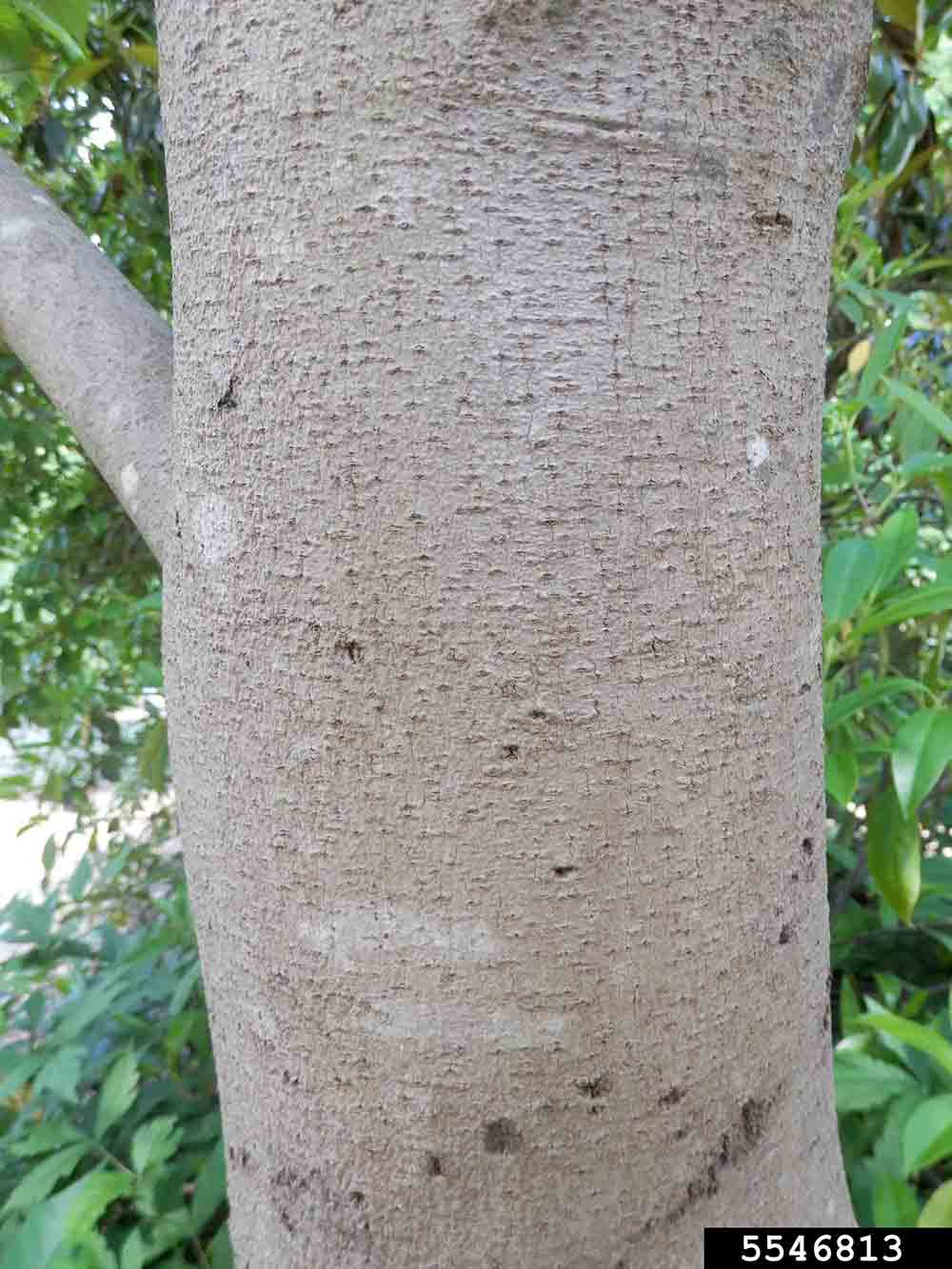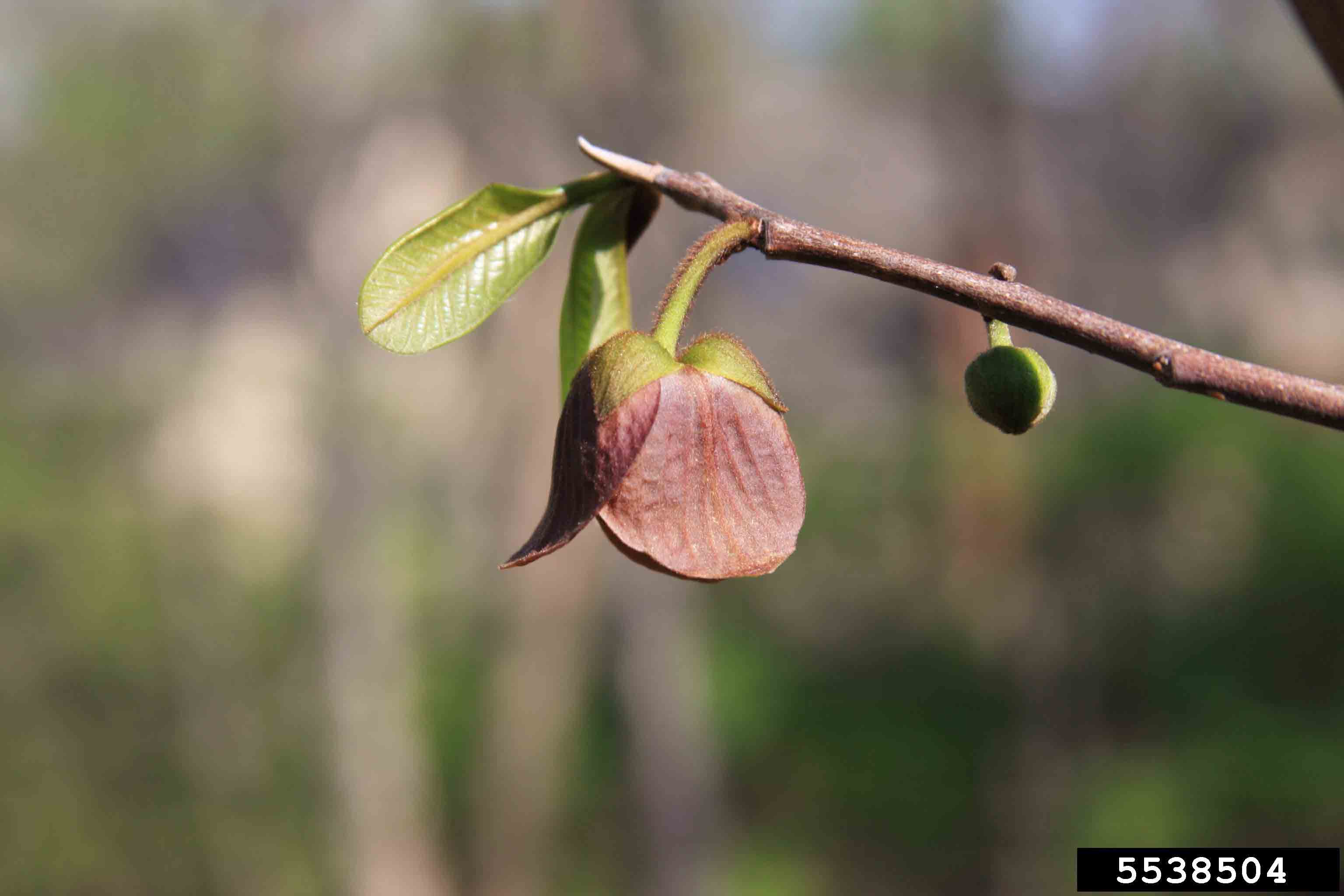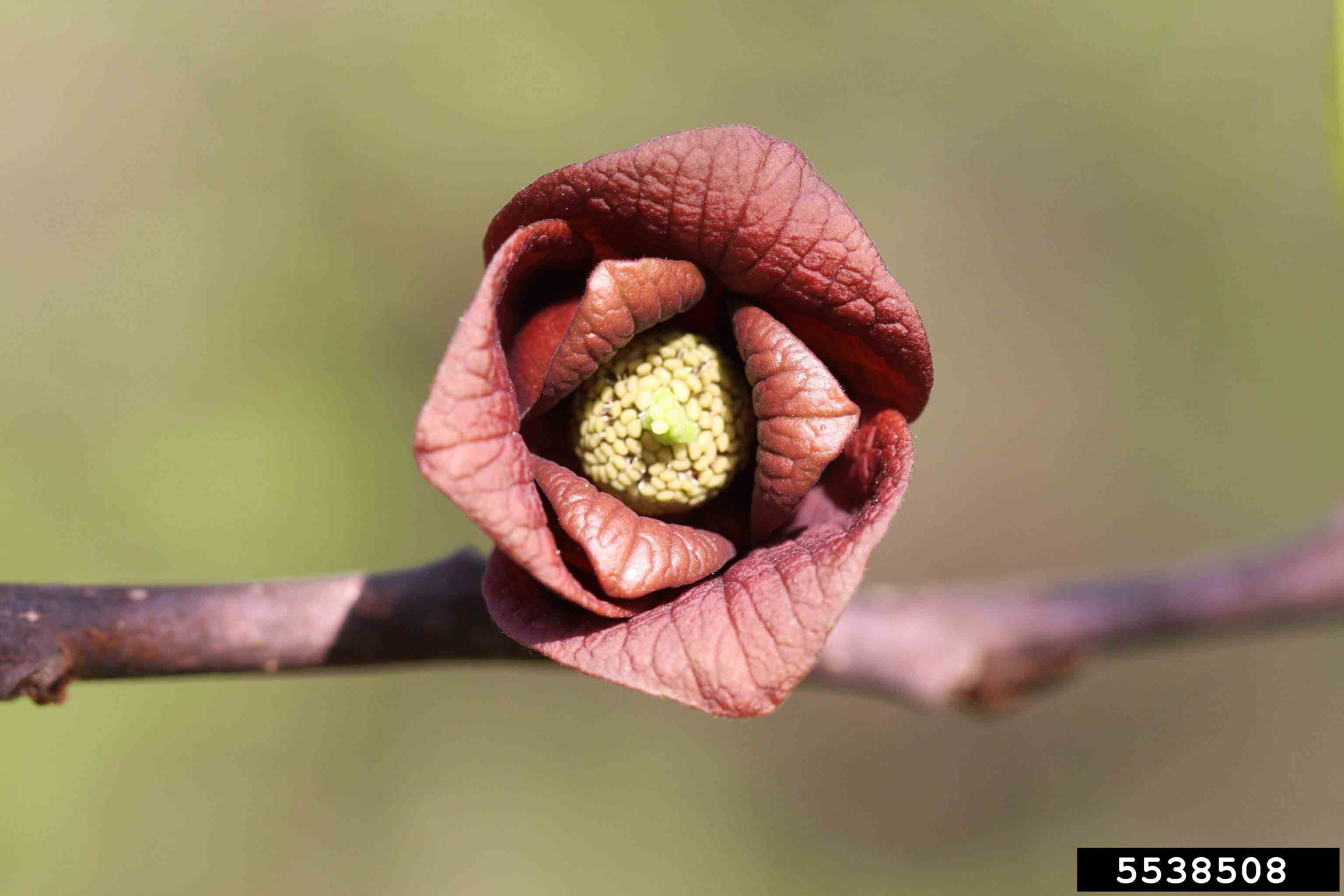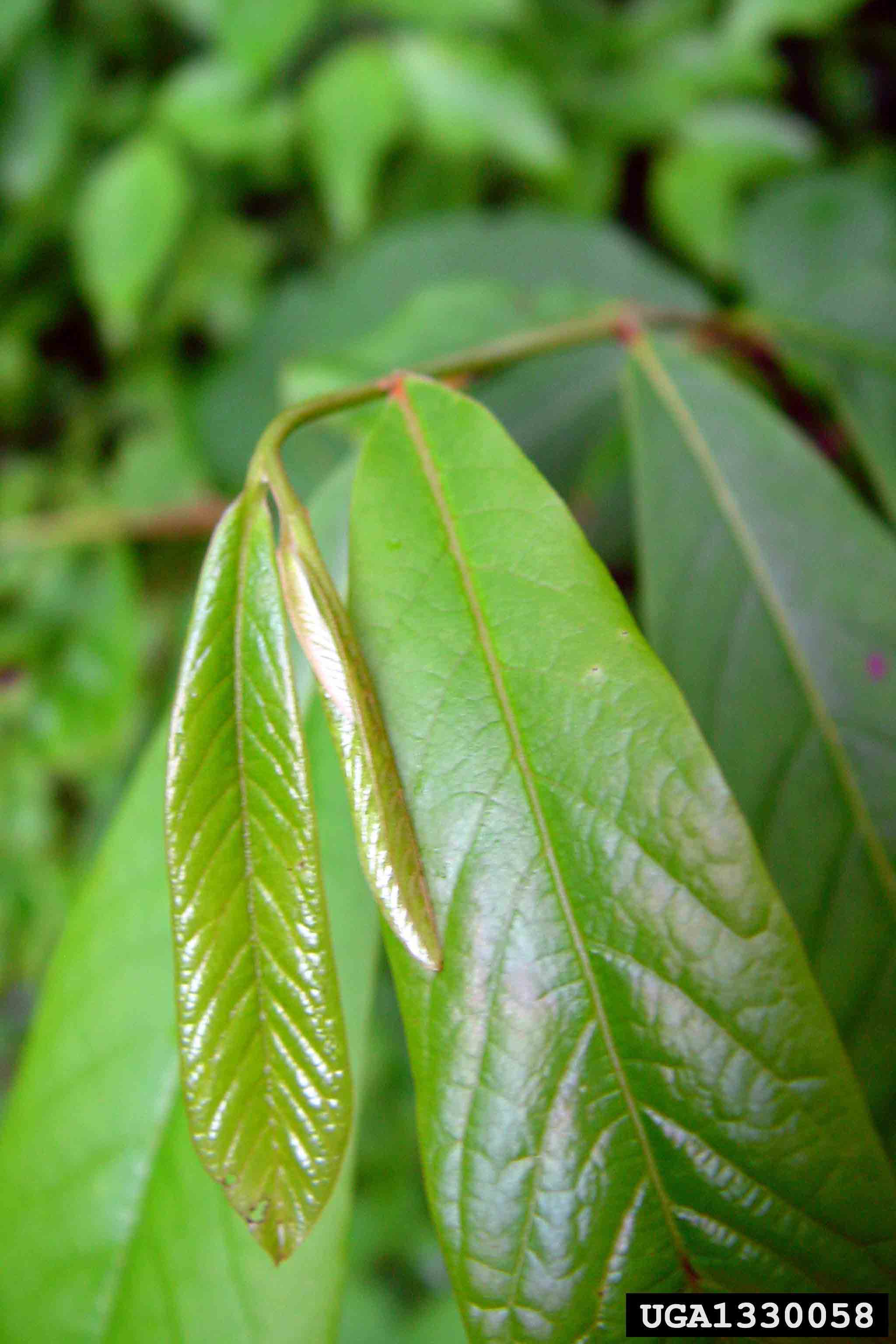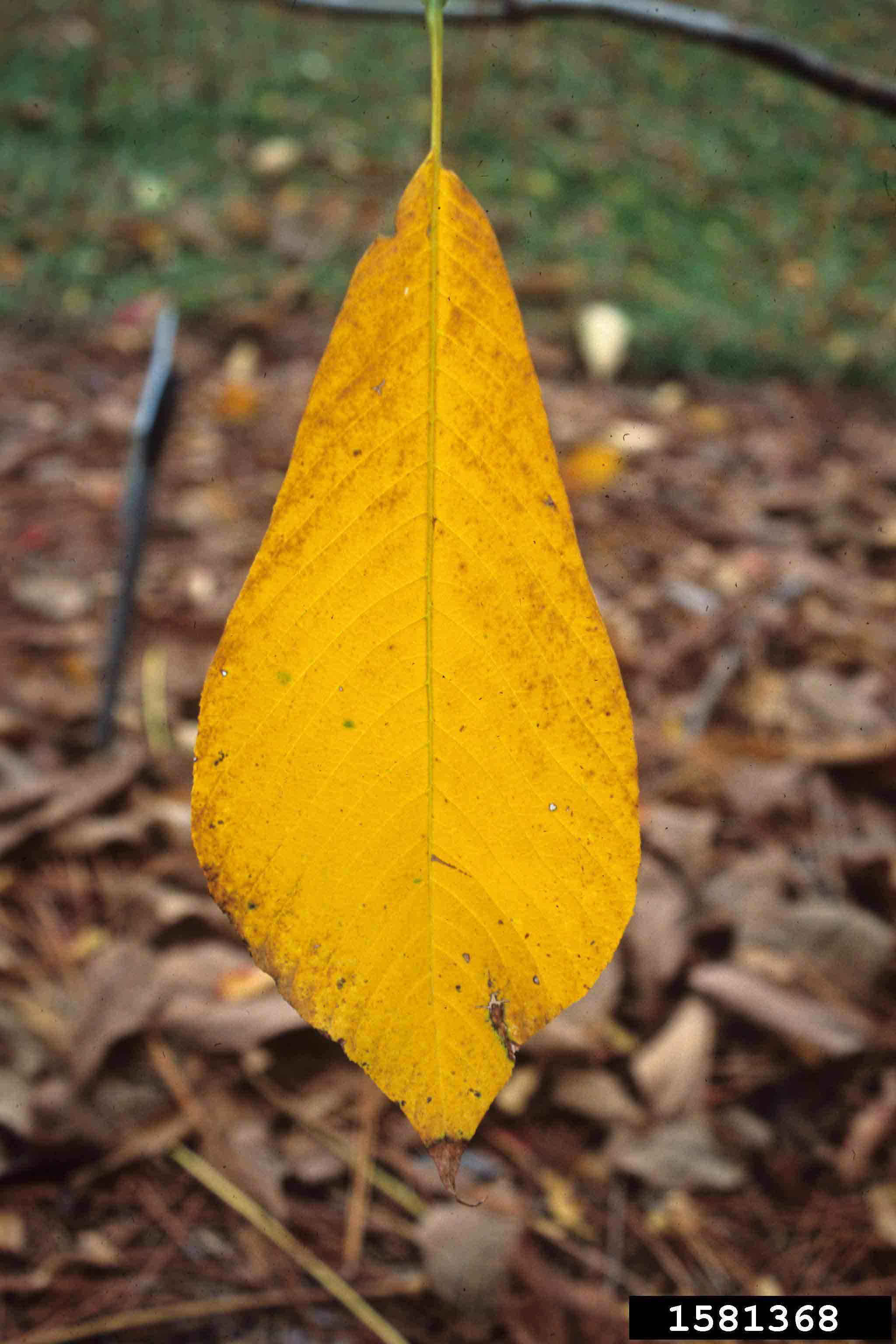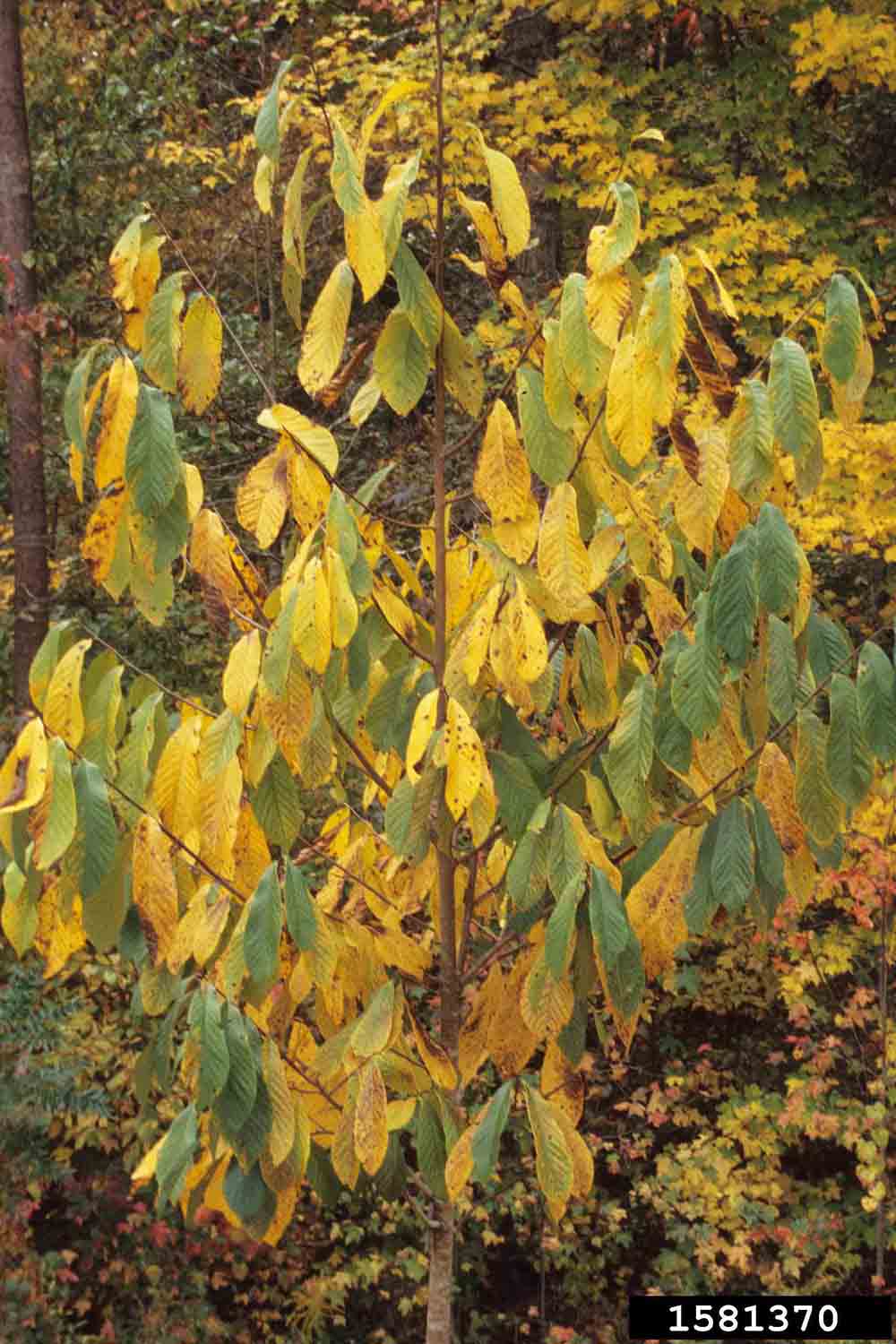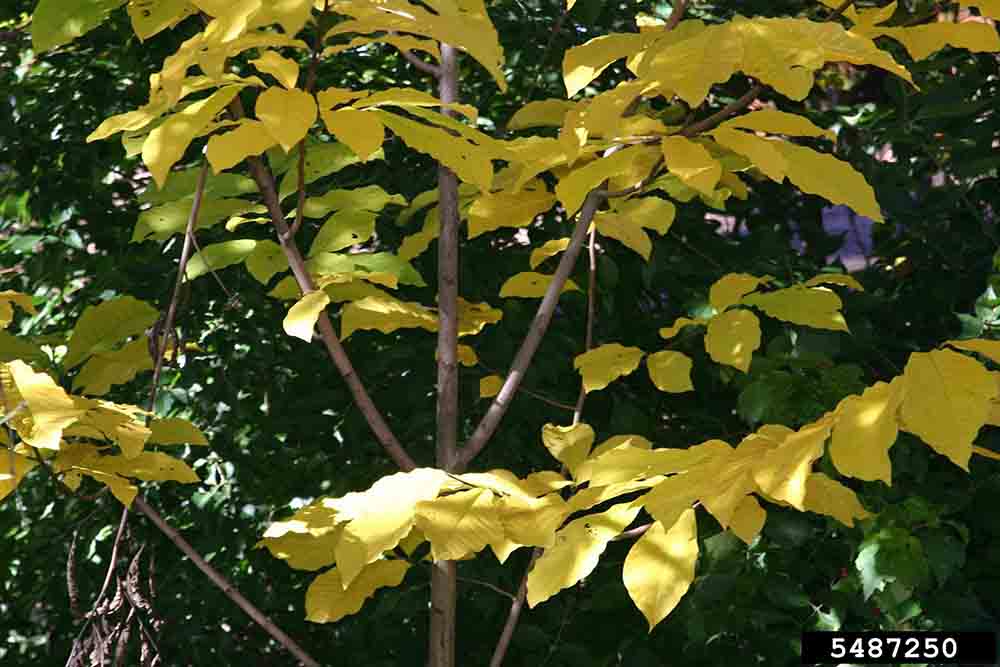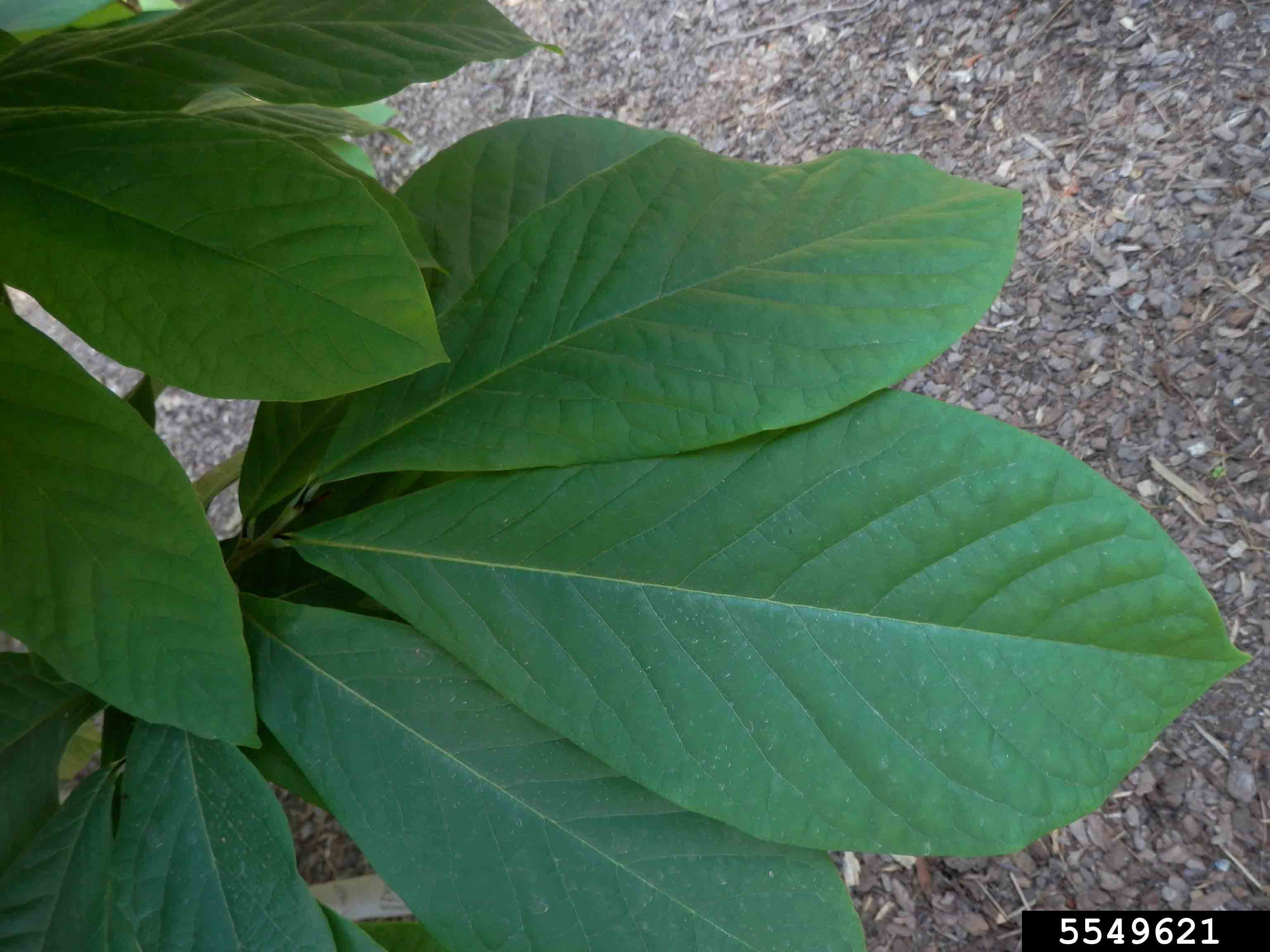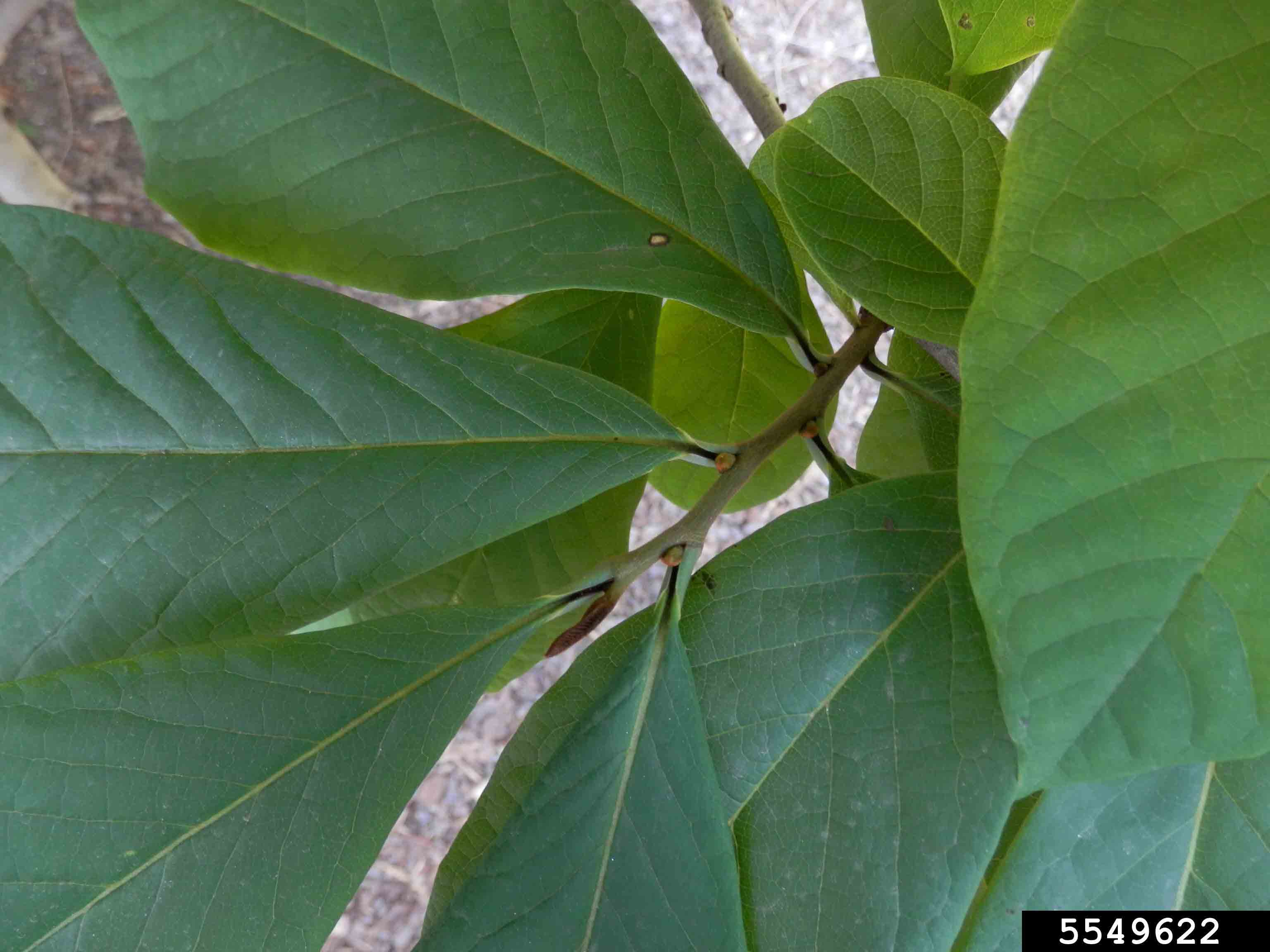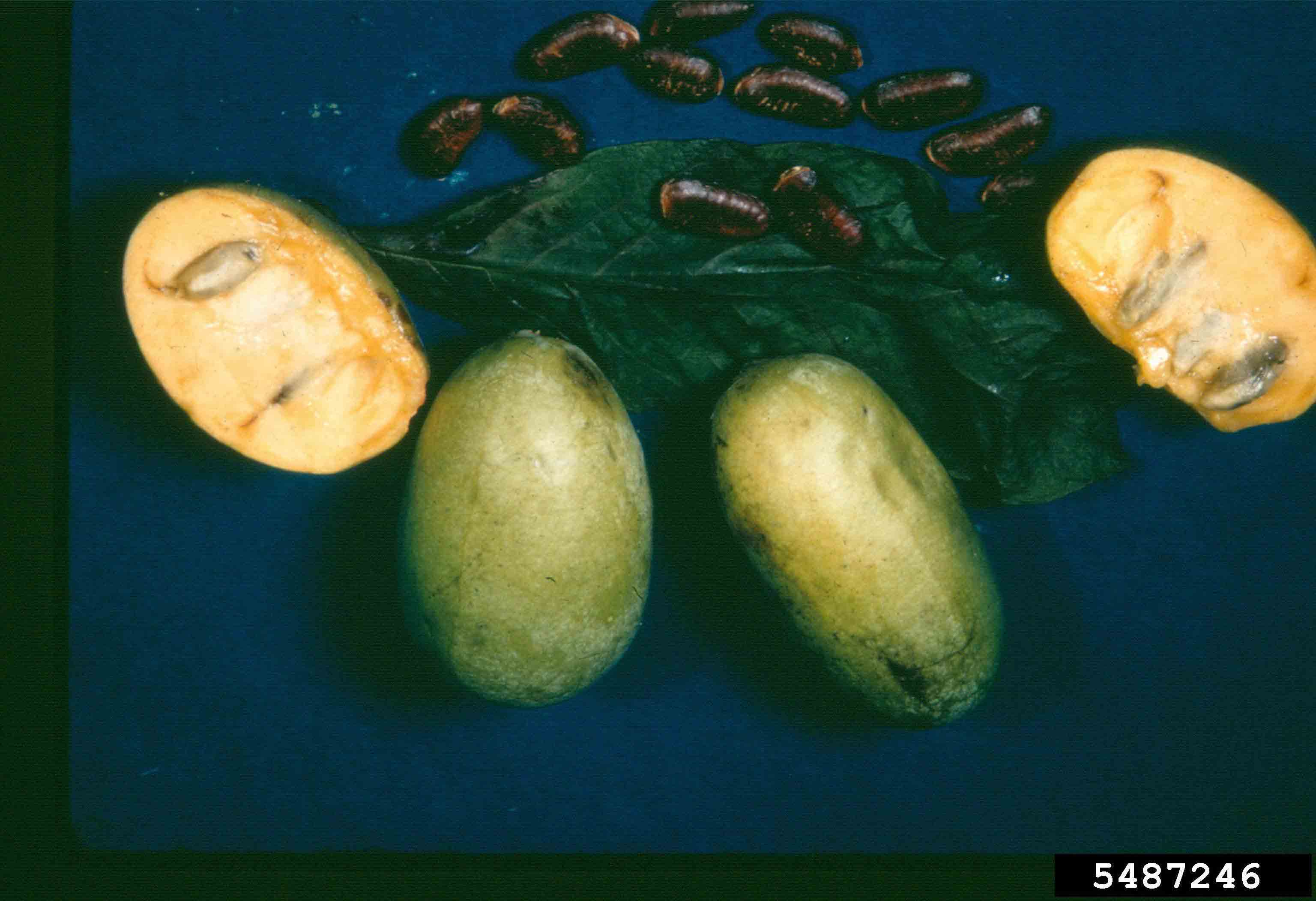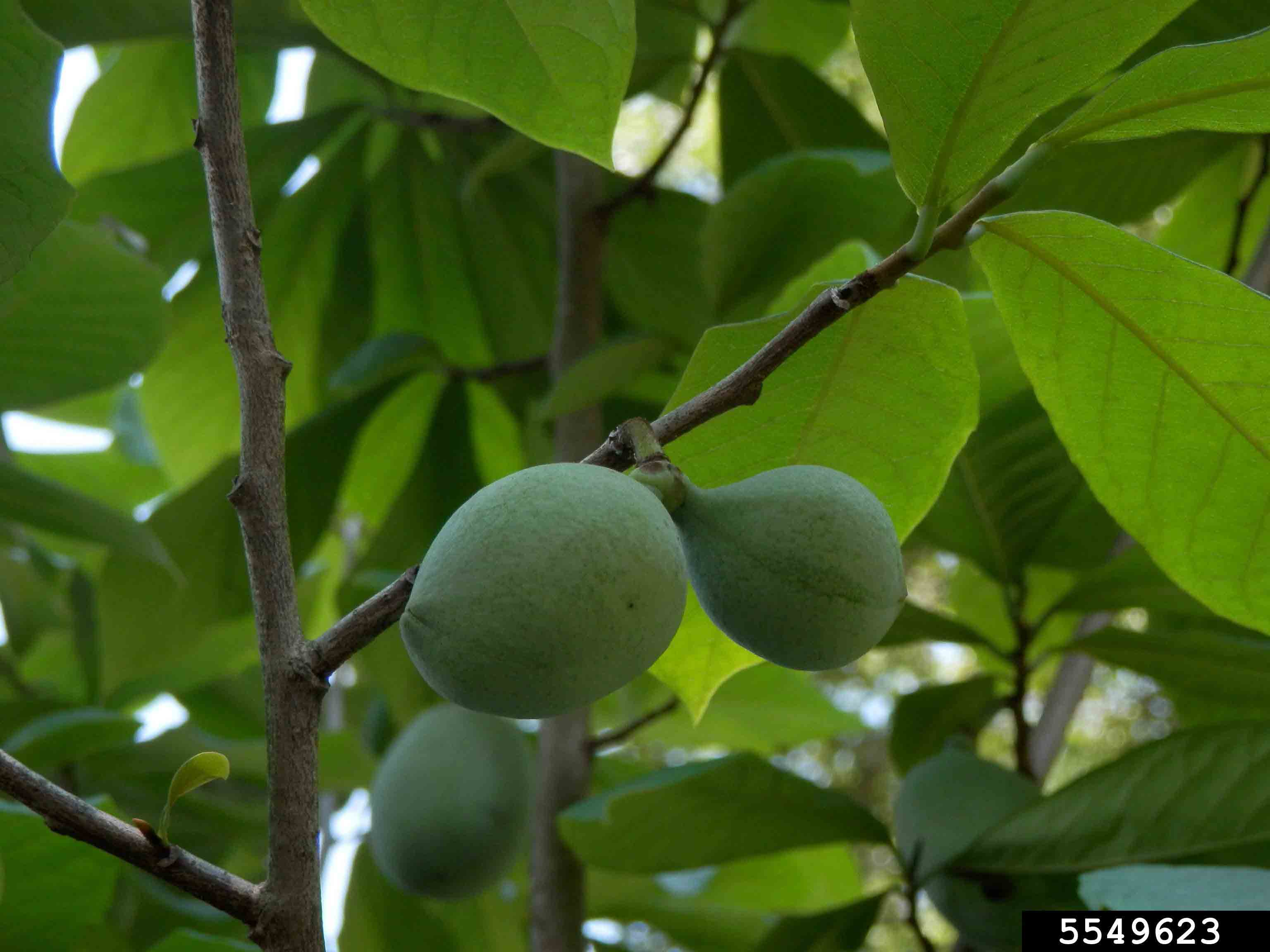Arkansas Tree Database
Pawpaw
Pawpaw
Scientific name:
Asimina Triloba
Size:
15'-40' tall
Leaves:
alternate, simple, 8"-10" long, untoothed, with pointed tip and tapering base; smooth and light green above, paler beneath
Flowers:
maroon, cup-shaped with six petals in two layers, outer three spreading and inner three smaller; March-May
Fruit:
very large yellow-green fruit, 2"-5" oblong, the largest of any plant native to North America; edible, sweet, and nutritious, with a custardy texture; enjoyed by wildlife; August-October
Fall Interest:
yellow, long-lasting; deciduous
Culture:
sun to partial shade to full shade; moist, fertile, acidic soil
Disease/Insect:
Use:
native garden, rain garden
Cultivars:
Notes:
spreads by suckers to form thickets; inner bark woven into cloth by Native Americans and used for stringing fish by early settlers; many historical medicinal uses; host plant for zebra swallowtail butterfly; native to Arkansas
Resources:
Click thumbnail to enlarge images
